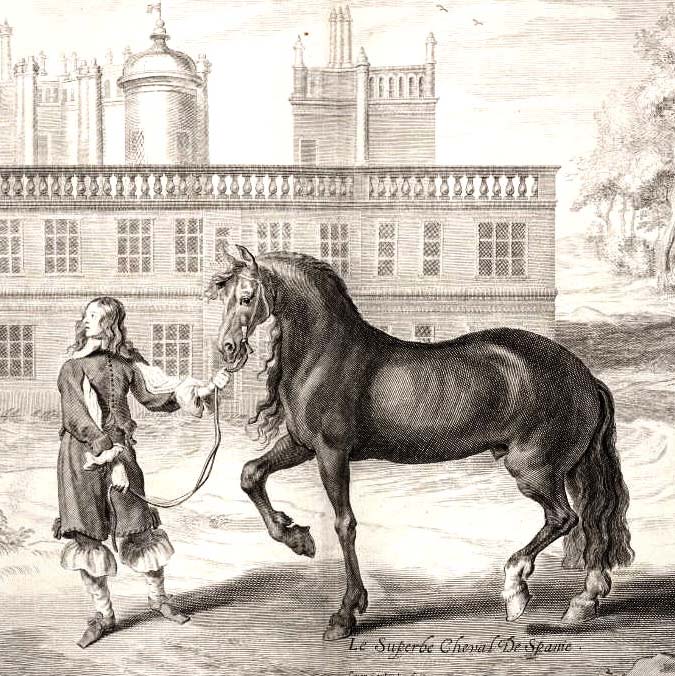“Iberians are different”
On Breed, Power, and Queer Subversion
DOI:
https://doi.org/10.52537/humanimalia.13274Keywords:
Iberian horse, modernity, modernization, baroque, breed, purity, progress, powerAbstract
Historically, Iberian breeds were considered the height of perfection, but with the development of the Thoroughbred (the embodiment of enlightened modernity) they increasingly were aligned with Spanish obsolescence. However, this dichotomy is too simple and often incorrect. As this paper illustrates, the Spanish Pure Breed itself is the outcome of a major modernization effort in the sixteenth century, linked to the Spanish colonial empire’s own early modernity. Furthermore, “modernizing” attempts continue to shape the breed as breeders and breed organizations attempt to meet the demands of the sport horse market, emulating the success of the modern sport horse breeds. Thus, as this paper argues, within complex temporal interactions between older and newer forms of modernity, the resurgence of older, presumably superseded, projects presents a kind of queer subversion of the temporal narratives of progress, modernity, and modernization. This subversion is instantiated in the present moment by the traditional Iberian horse (as the product and icon of an older, presumably superseded form of modernity). As a natureculture, this older modernity reverberates not only as a cultural investment but also as a “natural” resurgence of genetic diversity and multiplicity. This article theorizes the marginalized early modernities of Spain and Portugal in their baroque colonial multiplicities, and thereby rewrites the way European modernity has been understood.
Downloads

Published
Issue
Section
License
Copyright (c) 2023 Christian Gundermann (Author)

This work is licensed under a Creative Commons Attribution-NonCommercial 4.0 International License.









